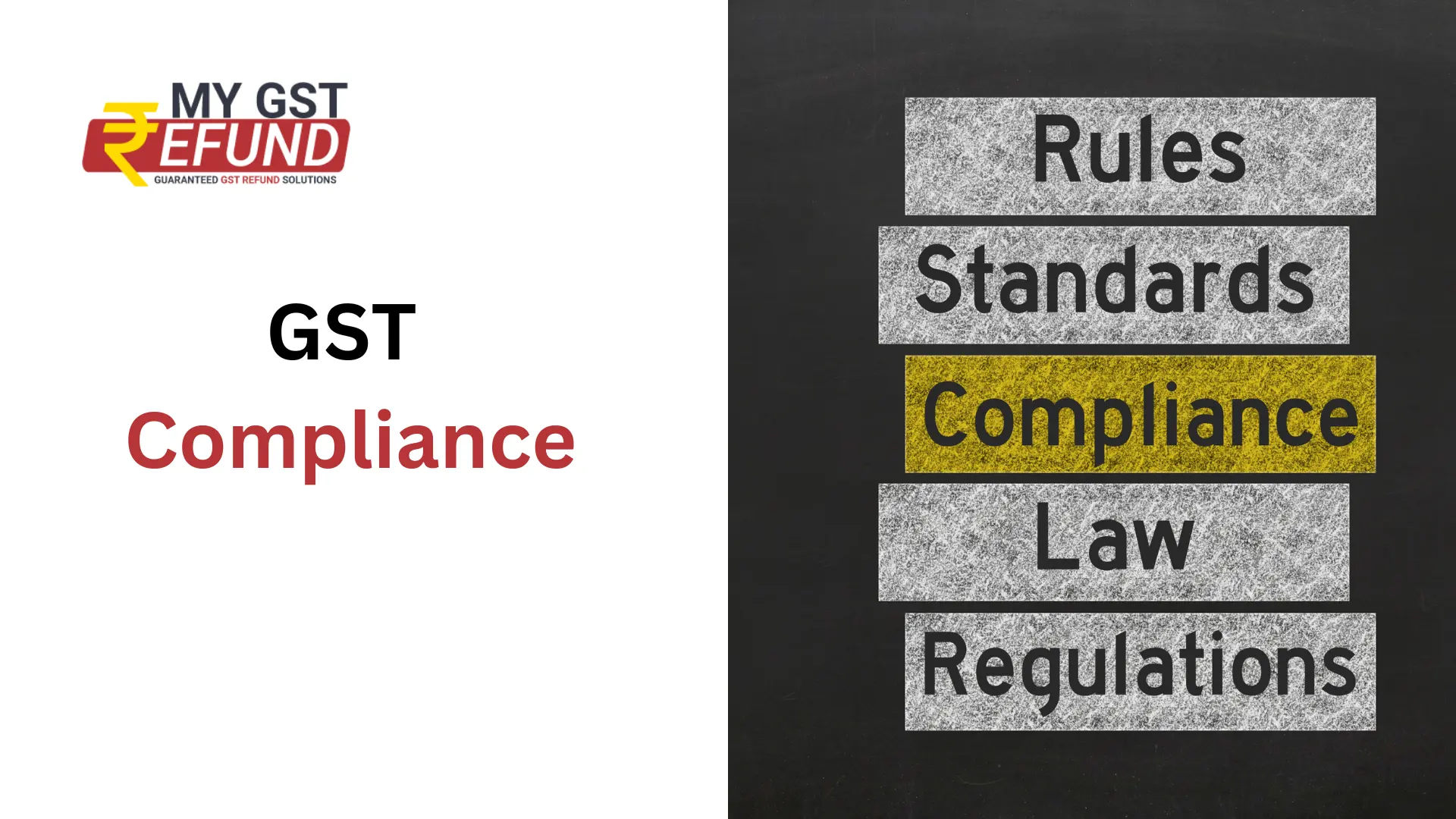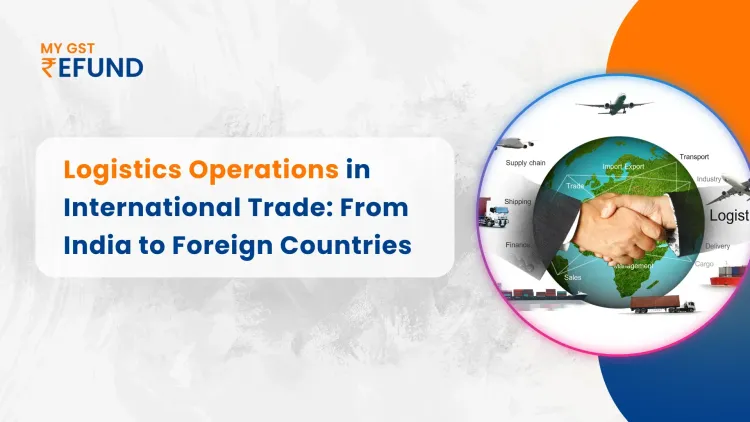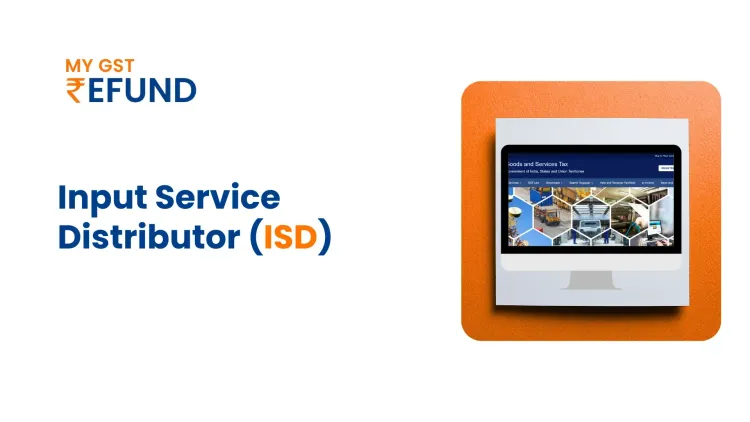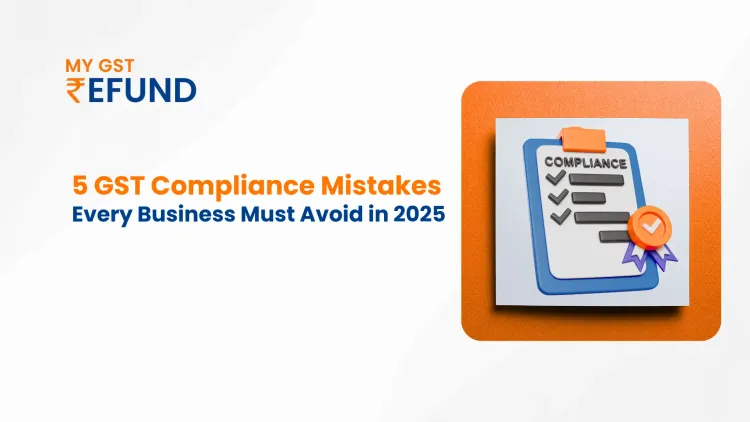GST Compliance
The Goods and Services Tax (GST) is a type of tax that was started in India on July 1, 2017. It replaced many other taxes like central excise duty, value-added tax (VAT), service tax, and octroi. GST is one single tax that is applied to goods and services all over India.
GST has had a big impact on Indian businesses. They have had to change the way they do things to follow the new tax rules. But GST has also helped businesses in some ways. It has made things cheaper, helped them work better, and given them access to a bigger market.
Compliance Under GST
1. Registration:
If a business makes more than Rs 20 lakhs (or Rs 10 lakhs for certain regions), it needs to get a GSTIN (Goods and Services Tax Identification Number). This number is crucial, especially if the business operates in different states because each state has its own tax rules.
2. Filing Returns:
Businesses have to regularly submit returns that detail their sales, purchases, and the taxes they paid or received. Different types of returns have different due dates, so businesses must keep track of these deadlines and submit their returns on time.
3. Invoice Generation:
When a business creates an invoice, it must include specific details like the GSTIN, product codes, and the taxes charged. Some businesses also have to use e-invoices, which help monitor invoices in real time and ensure compliance with tax regulations.
4. Record Keeping:
Businesses must maintain accurate records of their sales, purchases, and tax transactions for a certain period as required by GST law. These records are important for audits and to demonstrate that the business is following the rules.
5. Audits and Assessments:
Tax authorities may conduct audits to verify a business's records and ensure compliance with GST regulations. Different types of audits and assessments are conducted to ensure that businesses are paying the correct taxes and following the rules appropriately.
Challenges Under Compliance
Late Filing Penalties:
If you submit your GST returns late, you might face big fines and extra charges, whether it's for GSTR-1 or GSTR-3B. This usually happens because people don't keep track of when they need to file.
Wrongly Availed ITC:
Sometimes, people claim Input Tax Credit (ITC) wrongly, which can mess up their GSTR-1 and GSTR-3B filings. It's a common problem when doing GST returns.
Manual Process Errors:
Making mistakes while entering data manually can cause big problems with GST compliance. Even small errors can lead to fines or other issues. Using computer software can help reduce these mistakes.
GST Non-Compliant Vendors:
If you work with vendors who don't follow GST rules, it can cause trouble for your business. You should keep track of your vendors and make sure they're following the GST rules before paying them.
GSTIN Notices Management:
If you don't have a good system for handling notices from the GSTIN, it can cause problems for your business. It's important to keep track of these notices and deal with them properly.
Strategies To Avoid Challenges
1. Set Reminders for Filing:
Make reminders to file your GST returns on time. Filing early can prevent fines and fix any problems quickly.
Keep Track of Reconciliations: Regularly check important reconciliations to spot errors quickly. Modern software can help find mistakes and suggest improvements.
2. Follow Up with Suppliers:
Make plans to check if your suppliers are following GST rules. Withhold payments if needed until they prove their GST compliance.
Use E-Invoicing: Use a system that automatically creates e-invoices to speed up the invoicing process and ensure accuracy.
3. Provide GST Training:
Train your employees about GST rules to reduce errors and improve compliance.
4. Automate Invoice Entry:
Use software to enter invoices automatically, reducing mistakes and saving time.
Monitor GST Notifications: Keep an eye on GST notifications and respond quickly to avoid legal issues.
5. Regular Audits:
Check your GST processes regularly to find areas for improvement and ensure compliance.
6. Manage Overseas Transactions:
If you do business internationally, create a system to manage cross-border GST compliance.
7. Stay Informed about Industry Practices:
Keep up with changes in GST laws and talk to others in your industry to learn from their experiences.
By following these strategies, businesses can avoid common GST compliance issues more effectively.
Benefits Of GST Compliance
1. Simplified Taxes:
GST made taxes easier to understand by combining many taxes into one. This makes it simpler for businesses to know what they owe.
Tax Credits: GST lets businesses subtract taxes they paid on materials from the taxes they owe. This lowers costs for businesses and keeps prices lower for customers.
1. Easier Business:
GST made tasks like registering, filing taxes, and getting refunds easier. This means less paperwork and hassle for businesses, making it simpler to do business in India.
2. Help for Manufacturers:
GST reduced taxes for manufacturers, making their products cheaper. This helps Indian products compete better both at home and abroad, which is good for the manufacturing sector.
3. More Formal Economy:
GST encourages businesses to follow the rules and pay taxes. This makes the economy more organized and helps it grow.
4. Better for Customers:
Because businesses pay less tax, they might charge lower prices. This means customers get better deals and a better shopping experience.
Lower Costs: Overall, GST reduces how much tax businesses pay. Before GST, businesses paid tax on top of tax, which made things more expensive.
5. More Efficient:
GST makes it easier for businesses to follow tax rules. This saves time and money that businesses can use for other things.
Bigger Market: GST makes it simpler to sell goods and services all over India. This means businesses can reach more customers and sell more.
Competing Better: GST makes Indian businesses more competitive globally. Because it lowers costs, Indian products and services can compete better with those from other countries.
Impact on Specific Sectors
Some parts of the Indian economy have been affected differently by GST. Let's talk about a few -
Manufacturing Sector:
Factories that make things have benefited a lot from GST. It's now easier for them to move goods around India, and they don't have to pay as much tax. This means they're making more stuff than before.
E-commerce Sector:
Online shopping has become easier because of GST. Websites that sell things online don't have to deal with as many taxes, so they're making more sales.
But, not all sectors have had it easy,
Construction Sector:
Building things has become more expensive because of GST. The cost of materials has gone up, so there's less construction happening.
Retail Sector: Shops that sell things are also facing problems. GST has made it more expensive for them to run their businesses, so they're selling fewer things.
Conclusion
The Goods and Services Tax (GST) has changed how Indian businesses work. It's been a mix of challenges and benefits. While some things could be simpler, GST has made taxes easier, improved following the rules, and helped industries like manufacturing. Even though it was tricky at first, GST seems promising for businesses, making things clearer and helping the economy grow. The government keeps trying to make GST easier for everyone, which could mean even more good things for Indian businesses and the economy in the future.
FAQs
Q 1. What is the Goods and Services Tax (GST)?
Ans. It is a destination-based tax on the consumption of goods and services. It is proposed to be levied at all stages right from manufacture up to final consumption with credit of taxes paid at previous stages available as setoff. In a nutshell, only value addition will be taxed and the burden of tax is to be borne by the final consumer.
Q,2 . Which authority will levy and administer GST?
Ans. The Centre will levy and administer CGST & IGST while respective states /UTs will levy and administer SGST/ UTGST.
Q. 3 . 3 Which state in India is tax-free?
Ans. Yes, The Sikkim of India is a tax-free state. Permanent residents of Sikkim don't have to pay any tax on their income from any sources
Q. 4 Which tax is popular in India?
Ans. Income tax
Q.5 Which state has the first GST?
Ans. Assam
Related Posts








